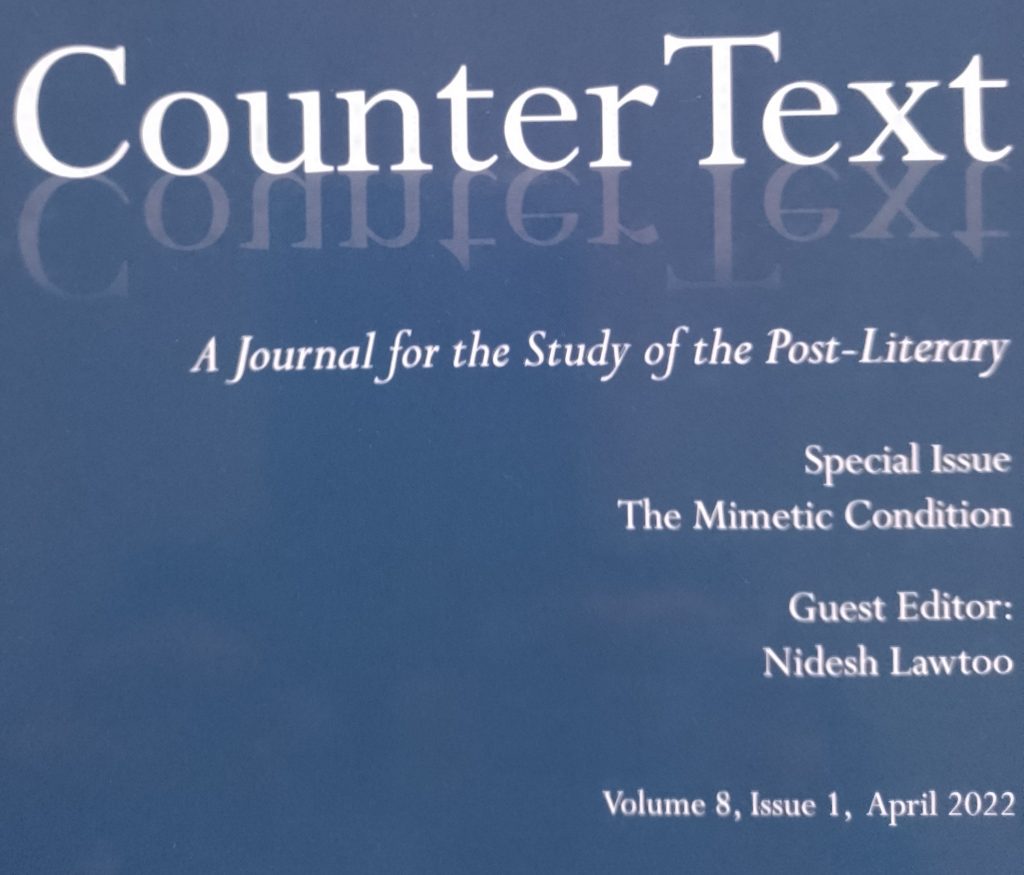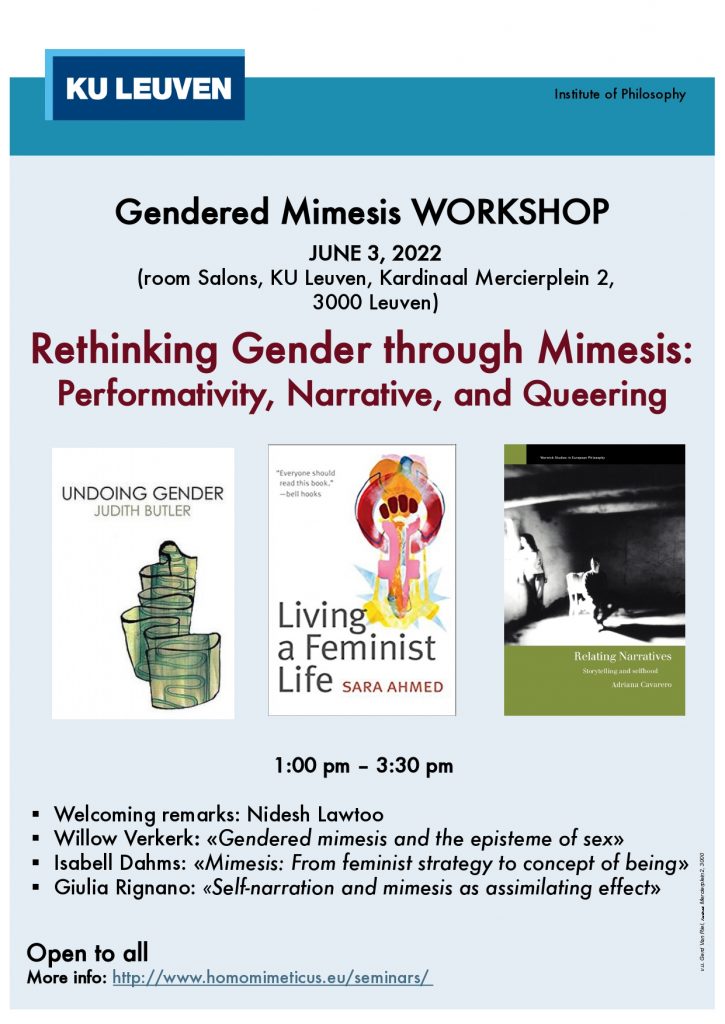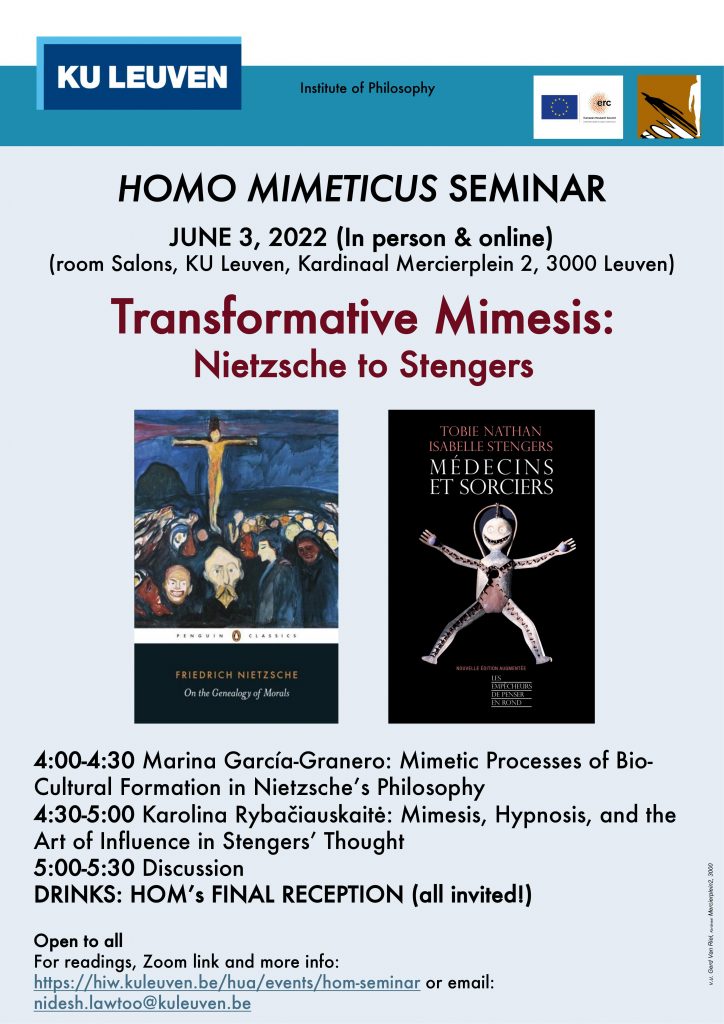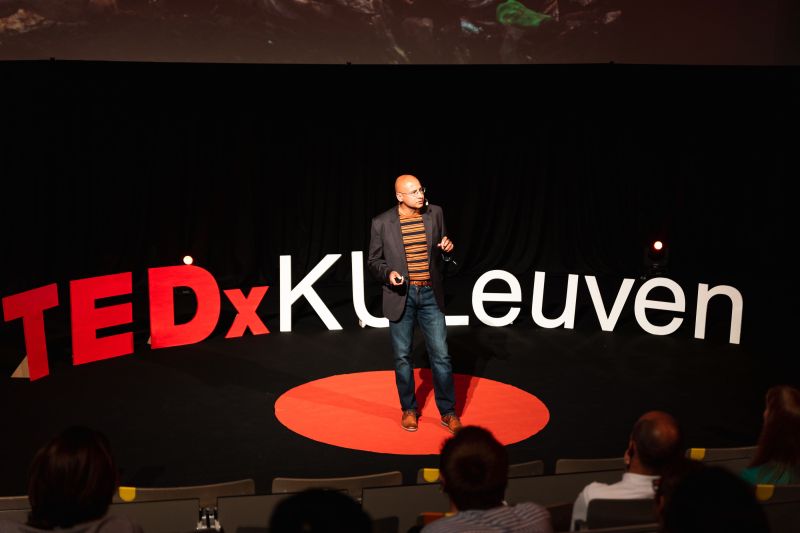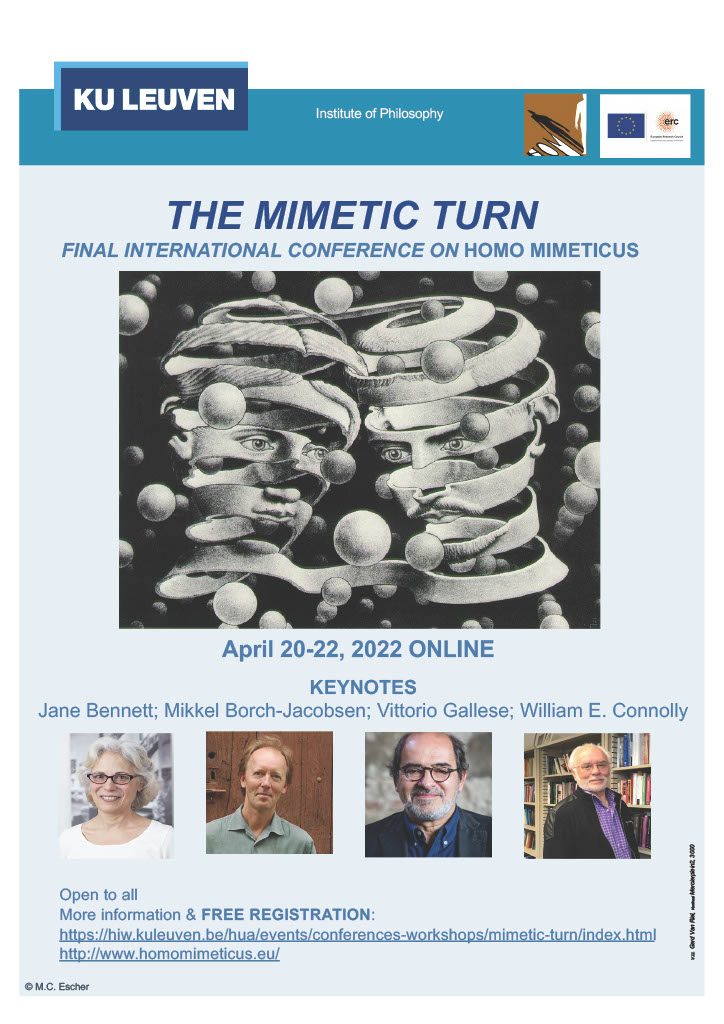In Keynote 1 for the Mimetic Turn, Mikkel Borch-Jacobsen reloads Plato’s critique of mimesis for the digital age by restaging the following dialogue:
Socrates : Of the many excellences which I perceive in the order of our state, there is none which upon reflection pleases me better than the rule about Internet.
Glaucon : To what do you refer ?
Socrates : To our refusal to admit the memetic kind of media, for it certainly ought not to be received … Speaking in confidence, for you will not denounce me to Facebook and the rest of the memetic networks, all memes are made to contaminate the thinking (dianoia) of the hearers, unless as an antidote (pharmakon) they possess the knowledge of the true nature of the originals.

